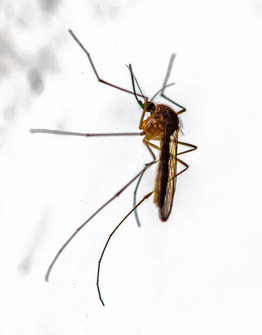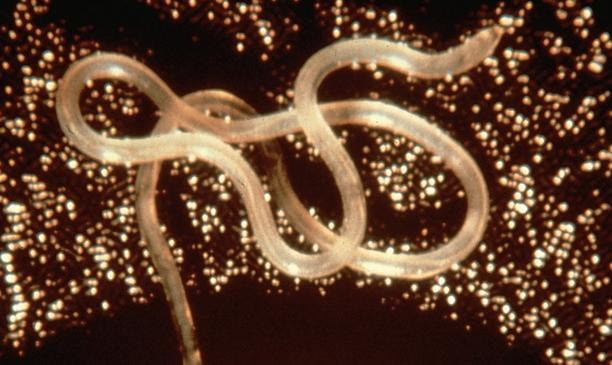Preventative Health Care
An ounce of prevention is worth a pound of cure.
Preventable disease is on the rise since 2006, there has been a 36% increase in canine diabetes and a 16% increase in feline diabetes. Heartworm disease, dental disease and the diseases associated with fleas and ticks are also increasing in prevalence.
Routine preventive care visits are the best way to stay on top of good health and to catch underlying illnesses as early as possible.
Conversations about lifestyle, diet and behavior in addition to diagnostic testing are critical to ensure your pets maintain a healthy life. Because animals can't say when something is wrong, sick pets don't visit the veterinarian until their illness is well established and the pet is showing outward signs.
Preventive care visits:
Routine preventive care visits are the best way to stay on top of good health and to catch underlying illnesses as early as possible.
Conversations about lifestyle, diet and behavior in addition to diagnostic testing are critical to ensure your pets maintain a healthy life. Because animals can't say when something is wrong, sick pets don't visit the veterinarian until their illness is well established and the pet is showing outward signs.
Preventive care visits:
- Establish and monitor individual baseline values. Performed early in life, preventive care testing provides a baseline for interpretation of data obtained at subsequent visits and can establish trends that are more specific to individual pets.
- Spot slight abnormalities in results and perform further diagnostics, if needed, in a timely manner.
- Ensure vaccines and preventives are up-to-date and provide necessary services, as needed.
|
Canine Vaccine Protocol:
|
|
Feline Vaccine Protocol:
|
***As of December 1st, 2023, Salem Veterinary Hospital will be requiring the following vaccines for all healthy patients who will be staying in the clinic for more than the length of a single veterinary appointment (for example, boarding, baths, drop offs, surgeries, etc.) unless exempt by a veterinarian.***
- Canine
- Rabies
- DHPP
- Bordetella
- Influenza
- Feline
- Rabies
- FVRCP
Heartworm & Tick-borne Disease ScreeningsEvery dog should be tested annually for heartworms and tick-borne diseases.
AND every pet should be on a heartworm preventative and a flea & tick preventative ALL YEAR LONG! (Free puppy doses offered at your pet's first visit! *See details.)
|
Testing for FIV and Feline LeukemiaIndoor cats should be tested as kittens. Outdoor cats should be tested yearly, as their risk is highly increased.
|
Yearly Intestinal Parasite ScreeningsHookworms: can cause blood loss, weight loss, diarrhea, failure to thrive, severe anemia, and even death
Roundworms: symptoms can include expelling roundworms through vomit or feces, abdominal discomfort, poor hair coat, failure to gain weight, pot-bellied appearance, and death when large numbers obstruct the intestines Whipworms: can cause bloody diarrhea, weight loss, dehydration, anemia, and in extreme cases, death Coccidia: can cause bloody, watery, diarrhea, weight loss, and blood loss Giardia: symptoms can include, diarrhea, failure to gain weight, dehydration, vomiting, and poor coat appearance |
The Importance of Microchipping
|
Spay and Neuter
|
*New pets will receive a free heartworm preventative dose (one month supply) in their size during their first visit at SVH. Cats and dogs must be less than one year old to receive free dose. Only one free dose allowed per pet.











